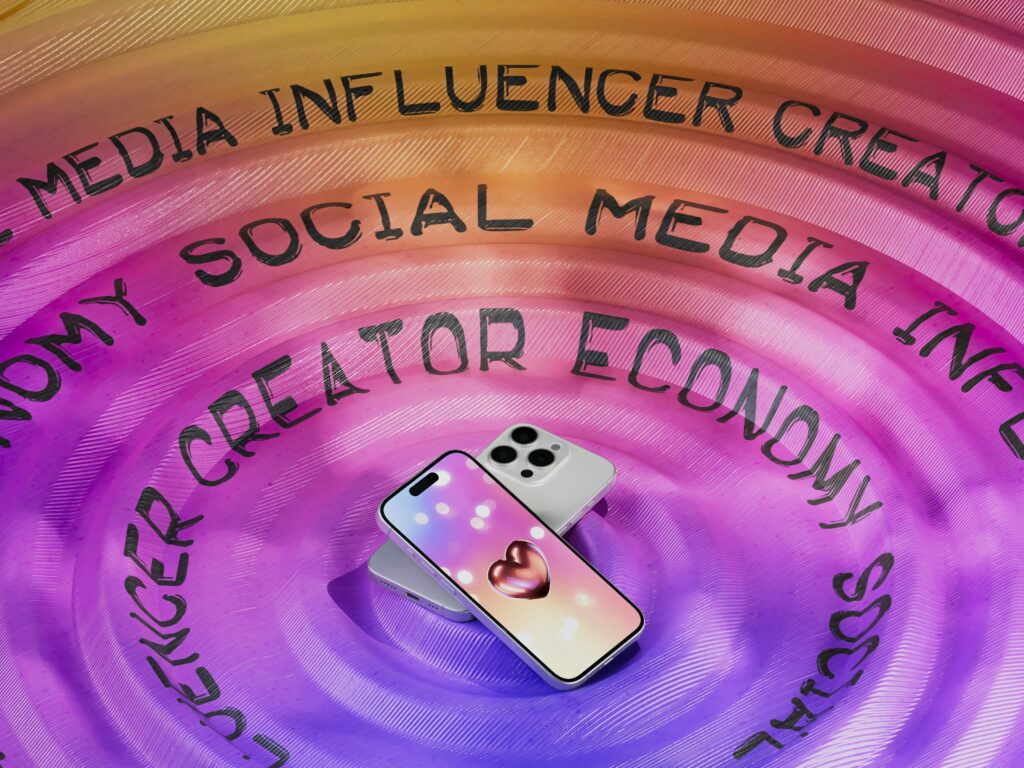In a world where technology is constantly evolving, one unlikely innovation has started to gain attention in the business world: virtual influencers. These computer-generated individuals are taking over social media platforms, engaging with followers, and even securing brand partnerships.
With their flawless appearance and curated personalities, virtual influencers like Lil Miquela and Shudu have amassed millions of followers on Instagram. Their ability to connect with audiences on a personal level has made them valuable assets for brands looking to reach younger demographics in a new, innovative way.
Despite the initial skepticism surrounding virtual influencers, their impact on the industry is undeniable. According to a report by Hootsuite, engagement rates with virtual influencers are on par with or even higher than those of real-life influencers. This has led to an increase in collaborations between brands and virtual personalities, with some companies even launching their own virtual ambassadors to represent their products.
As virtual influencers continue to blur the lines between reality and technology, it raises important questions about the future of influencer marketing and the authenticity of online interactions. Will audiences start to prefer virtual influencers over real people? And what does this mean for the future of marketing and branding in a digital age? Only time will tell, but one thing is certain: virtual influencers are here to stay.



